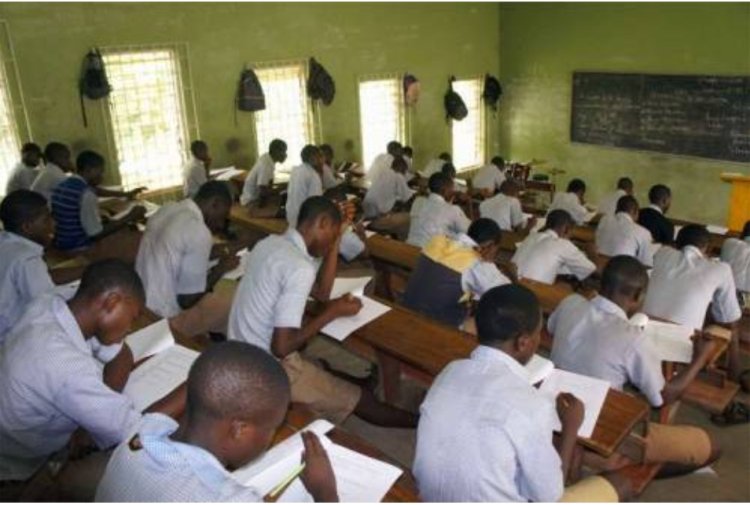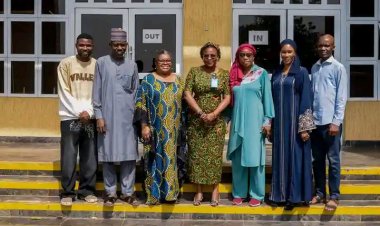WAEC Announces Individual Defense Requirement for Students with Seized Results
According to John Kapi, the WAEC spokesperson in Ghana, the delayed results are a consequence of students utilizing artificial intelligence (AI) tools during their examinations. The irregularities were identified during the grading process, where examiners noticed answers generated by AI programs.

In a significant development, the West African Examinations Council (WAEC) has disclosed that students from 235 schools are required to individually defend their results as part of the investigation into the use of artificial intelligence (AI) during the 2023 senior school certificate examination. This decision follows the withholding of results due to the identified irregularities.

According to John Kapi, the WAEC spokesperson in Ghana, the delayed results are a consequence of students utilizing artificial intelligence (AI) tools during their examinations. The irregularities were identified during the grading process, where examiners noticed answers generated by AI programs.
Kapi explained in an interview that some candidates claimed unfamiliarity with terms used in their booklets, while others stated they couldn't detect the terms used. This raised suspicions that candidates may have typed exam questions on their mobile devices while in the exam hall, leading to the use of AI.
This revelation marks the first instance of WAEC encountering such irregularities in exams, prompting a call for stricter regulations regarding the use of mobile phones in second-cycle institutions. The exam authority is currently investigating the situation, and as a result, the results are being withheld.
To address the issue comprehensively, WAEC has decided that all affected students will be required to defend themselves individually. John Kapi stated that WAEC would reach out to the candidates, either through SMS or by listing their names in newspapers, informing them of the investigation findings. The candidates will then have the opportunity to physically defend their scripts.
"We'll tell it to them that this is what we find from the investigation and expect them to explain how it happened," Kapi explained. The outcomes of these individual defenses will be crucial in determining whether WAEC releases the results or opts for cancellation based on the explanations provided by the candidates.
As this unfolds, the situation underscores the importance of maintaining the integrity of examination processes and highlights the need for vigilance in addressing emerging challenges, such as the use of AI tools, to uphold the credibility of academic assessments.





